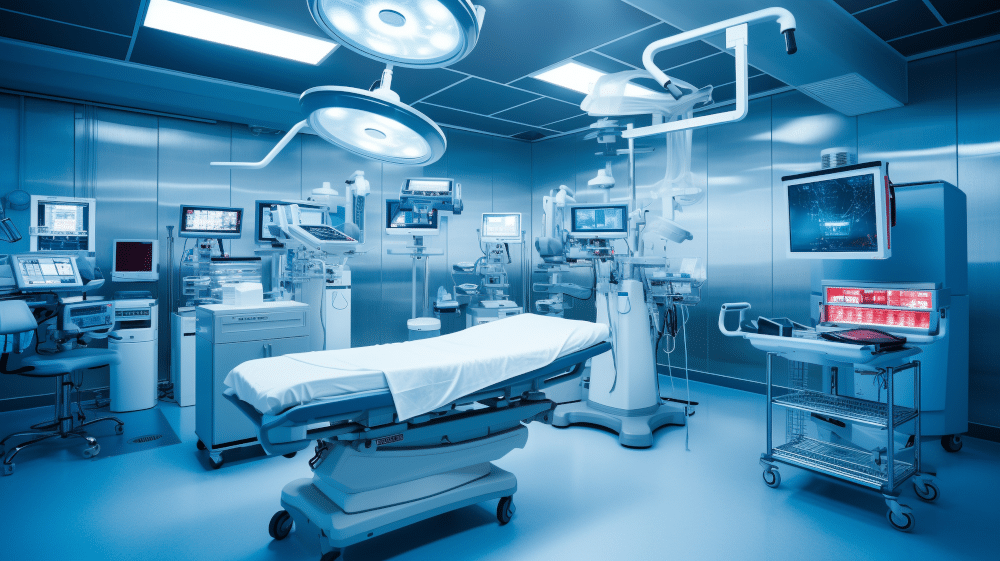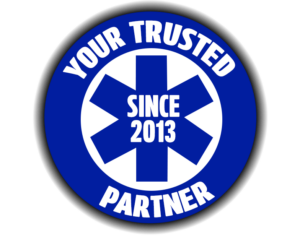
Medical Equipment Upgrades: When and How to Transition to the Latest Technology
In an era when technological advancements seem to occur at the speed of light, the medical field is no exception. Keeping up with the latest innovations ensures optimal patient safety, facilitates operational efficiency, and fortifies the reputation of your medical establishments. However, deciding when and how to transition can be daunting.
For professionals overseeing medical equipment purchases, the challenge is not only finding the best technology but also ensuring smooth integration and training. This article offers insights into when and how to transition to the latest medical equipment.
Knowing When to Upgrade
Several signs can inform when it’s time to upgrade, including the following:
- Outdated equipment: When a piece of equipment no longer meets industry standards or has compatibility issues, it’s time to consider a replacement.
- Increased maintenance costs: Constantly fixing the equipment isn’t just costly—it’s also a sign that your machinery might be past its prime. Upgrading can save money in the long run.
- Performance inefficiencies: If a device no longer performs at its optimal level or lacks new features that can enhance patient care, a newer model might serve better.
How to Make the Transition
Transitioning to new medical equipment requires strategy. Follow these steps:
- Research: Before purchasing medical equipment, invest time in researching the latest technology. Understand the benefits and see if they align with your needs.
- Budgeting: Allocate a budget for purchasing medical equipment. Bear in mind that investing in quality pays off in durability and fewer repairs later on.
- Training: Ensure every staff member is confident in using the new device, ensuring patient safety and effective treatment.
- Integration with current systems: Ensure that the new equipment can seamlessly integrate with existing systems. It’s vital for data sharing and efficiency.
- Dispose of old equipment responsibly: When phasing out old devices, do so responsibly. Some might be recyclable, while others can be donated if they’re still in good working order.
Sourcing the Best Equipment
When purchasing medical equipment, quality and reliability are non-negotiable. Partner with trusted suppliers who offer the latest equipment and provide post-purchase support. You should also consider refurbished equipment because these are quality devices that have been expertly restored, offering performance on par with new devices at a fraction of the cost.
Choose High-Quality Biomedical Equipment
Staying ahead in the medical field means having the right tools at your disposal. If you’re on the lookout for top-tier medical devices, whether brand new or expertly refurbished, consider Coast Biomedical Equipment.
We house a comprehensive range of equipment, from defibrillators and infusion pumps to suction units, ventilators, and patient monitors. Contact us today for the best medical equipment from top brands.





